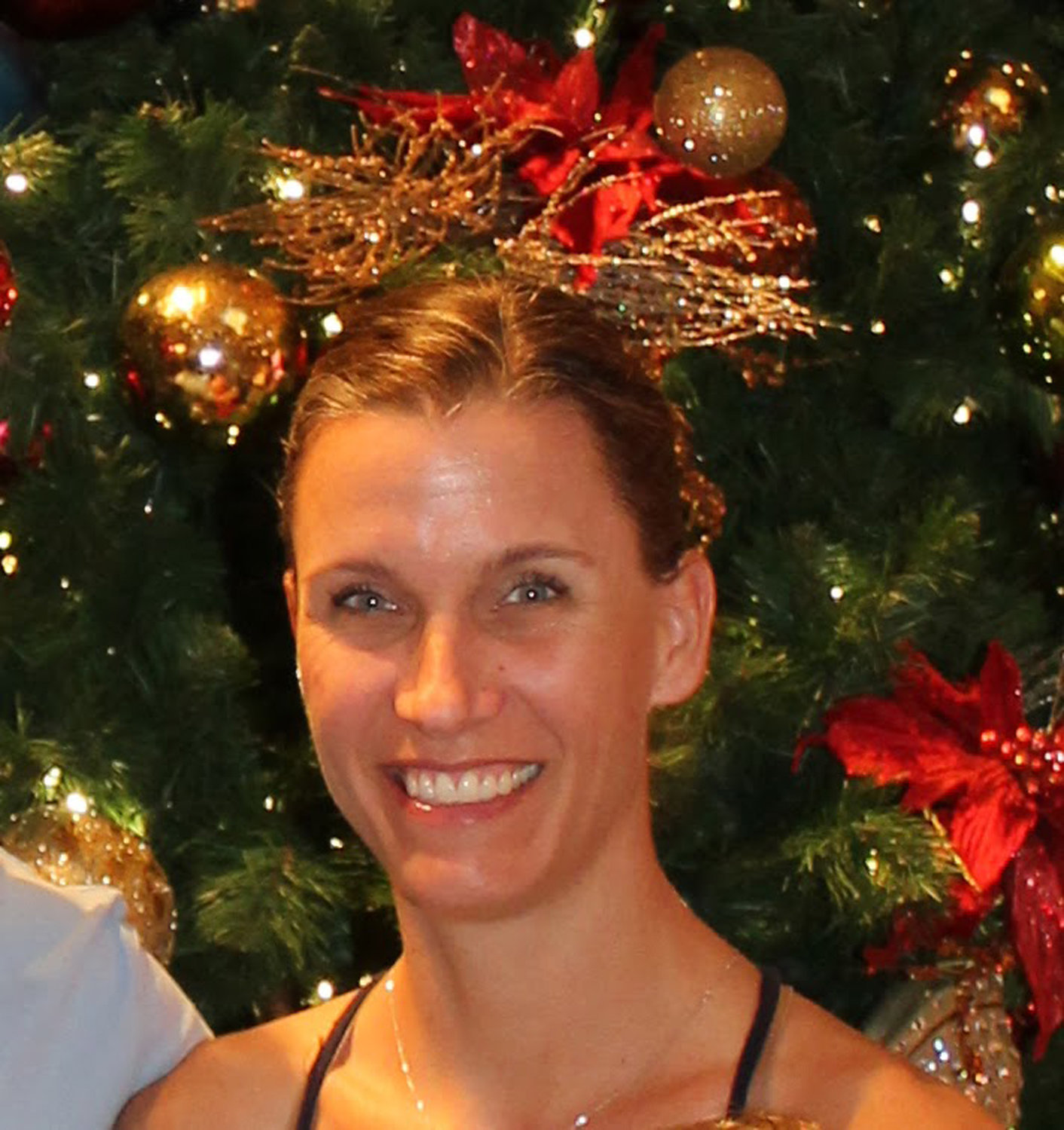An untested Covid-19 survivor’s memoir
Wantagh schoolteacher rides out corona at home
“I definitely had it,” said Jennifer Strauss, 42, of Wantagh.
She laid out all of her symptoms. They matched many of those that are typically associated with Covid-19, including body aches, a persistent sore throat, an inability to achieve a deep breath, chest discomfort and a fever.
Strauss is a teacher at a private high school and, with husband Derek, 43 is the mother of two boys, 16 and 12.
Strauss reflected on when she started feeling symptoms. “It was the week of March 23,” she said. “I started feeling body aches. I had a fever. Breathing in hurt. Once the fever broke, my chest and throat continued to hurt. I thought, ‘Should I self-quarantine?’”
Strauss said that she had a low-grade fever that never rose higher than 100 degrees, but it was persistent, until it finally broke after three days. She separated herself from the rest of her family, admittedly “looking out for their safety.” Her youngest son had been sick and out of school for five days just weeks before.
“Right away, as soon as I started feeling that way, I wanted to be more safe than sorry,” Strauss said.
She was not sure where she had contracted it. She suggested that, as a school teacher, she may have picked it up from a student or a colleague. Her last day of classes was March 11. She also said she had been going out to shop, though carefully, before social distancing really took full effect.
Strauss contacted her primary-care physician through an app on her phone. She said she had a videoconference with her doctor roughly two to three days after feeling symptoms.
“They wanted to know if I was having difficulty breathing,” Strauss said. “I didn’t want to be an alarmist, I could breathe, but I felt like I couldn’t get a deep breath.” She also mentioned a perpetual discomfort behind her sternum that persisted beyond many of her other symptoms, including the fever.
Strauss’s doctor gave her information on where to get tested. She said that the doctor made her aware of testing being done by a number of Northwell Health facilities. She was also aware of the pop-up testing site at Jones Beach.
“I called all three locations and they told me no, I couldn’t get tested. At that point, they said it was because I wasn’t a first responder or medical professional,” Strauss said. “Which I am happy to be at the back of the line, in terms of medical professionals and first responders getting tested first,100 percent.”
She called the locations and asked if she could make an appointment for the following day or days to follow. They advised her to self-care and “treat herself as if she is positive.” Those calls were made on March 30, roughly six or seven days after her symptoms began.
Her doctor also advised her to visit the emergency room if her symptoms worsened,. The situation never escalated to that point.
Strauss admitted that, despite feeling she had the disease, she is another person that has not been added to the official number of cases. She was not counted. She feels that there are more out there like her, who have been denied testing and told to self-care, but have been fighting the disease from their home.
She was adamant that she does not resent hospitals or testing sites for denying her in favor of first responders and medical professionals. She agrees that they deserve first priority. Much more of her issue, though, stemmed through the omnipresence of news feeds, giving her constant new information. The more she looked at, the more she became inundated with news of celebrities receiving tests and generally quick results, as opposed to what she had experienced. She felt that some people’s status was deemed higher than her family’s, and that led to more openly available testing.
This is not the first time that Strauss just felt like a number, she said, or a cog in the wheel. She likened this situation to 2012, when Superstorm Sandy left her family without a home.
“A FEMA rep came to us, and they were trying to have people lift their houses, and we didn’t want to do that,” Strauss said. “At one point, they really said, ‘well sometimes you can have bumps in the road, and your family is just a bump in the road,’ to the bigger picture. We’re just a regular family, we don’t have connections, we’re not super wealthy.”
The situations and the response her family received were similar to each other, Strauss said. She documented her frustrations in a letter sent to the Herald. “I wrote this letter, feeling like a ‘bump in the road’ all over again and I thought ‘Why? Why is this happening?’”
But she is not a victim, and she does not claim to be. She does not have that mentality, she said. As of April 12, Strauss’s symptoms have subsided. She has even offered to help others by calling and offering to donate her plasma as a Covid-19 survivor to help the critically ill.
Now, she still remains careful, but has freed herself of her isolation. She has rejoined her family, though she knows others have had to deal with similar situations in past weeks, and may not have that same luxury.
“I couldn’t have been the only one,” she said.

 45.0°,
Mostly Cloudy
45.0°,
Mostly Cloudy 





